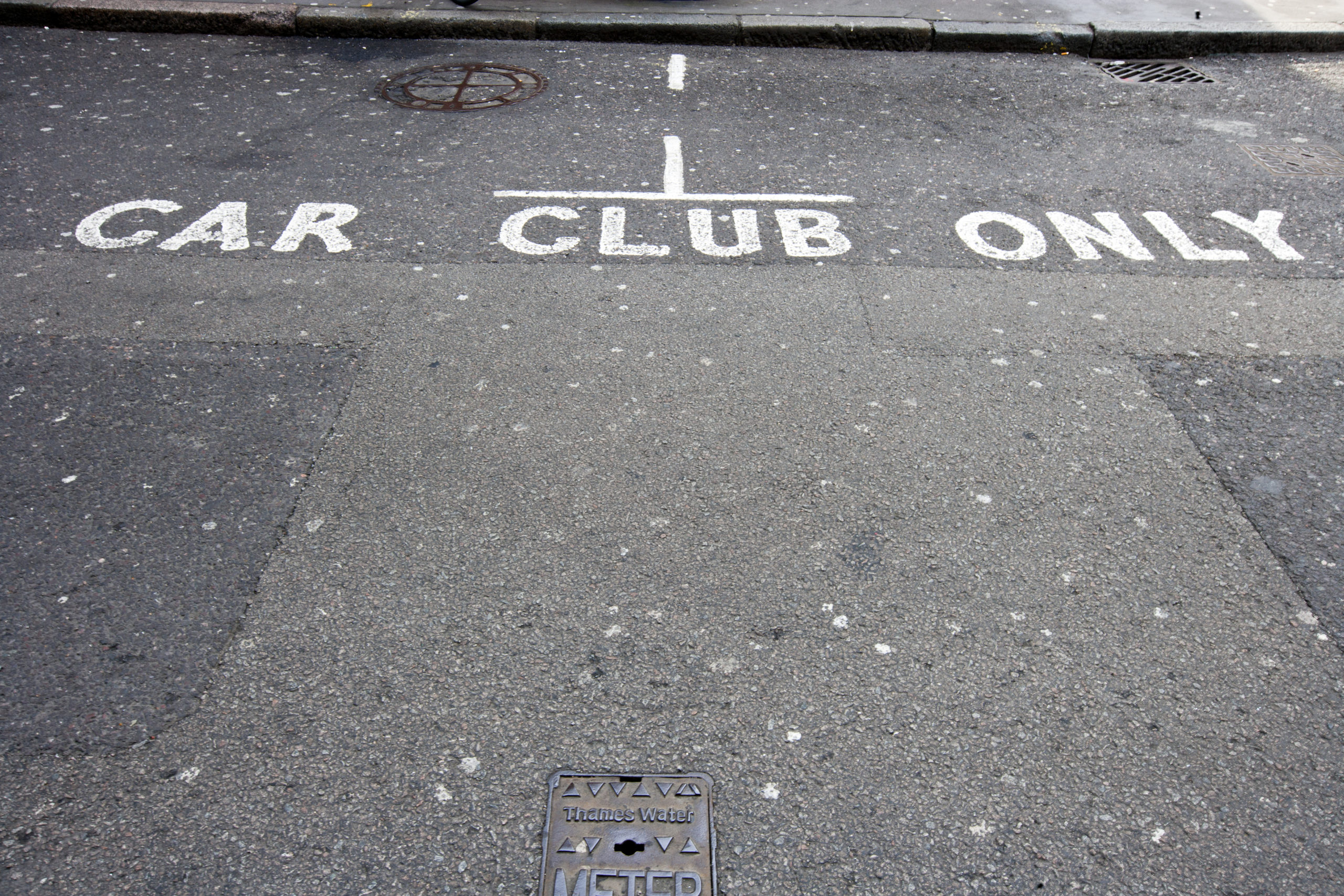Better data for smarter decision-making
Car clubs – or car sharing as it is known the United States and elsewhere – are an increasingly feature of the transport landscape in the UK and have come a long way since the first ‘modern’ scheme was established in Switzerland in 1948.
According to CoMoUK – the car club accreditation body – in London alone there are around 250,000 registered users and 2,500 shared vehicles which are available for short-term rentals. Outside of London there are an additional 25,000 users and 800 vehicles in England and Wales, and a further 25,000 users and 500 vehicles in Scotland.
Car clubs in the UK broadly operate one of two types of service where either the customer must return their vehicle to the place where it was picked up (a round trip or RT service) or drop it off at, or close to, their destination (a free-floating car sharing or FFCS service).
Car clubs in the UK typically have dedicated access to valuable on-street parking spaces, not least in dense urban areas where the services the clubs offer tend to be most sought after.
However, the benefits of car clubs are not yet fully realised partly because of the lack of a general standardised data sharing agreement between local authorities (which own the kerb space) and club operators.
To help solve this problem Chenyang Wu, Aruna Sivakumar and Scott Le Vine of the Urban Systems Lab at Imperial College London have proposed a data sharing framework.
In a report for the RAC Foundation – Better data for smarter decision-making: the proposed car club-local authority data standard – the authors propose that information should be shared by car clubs on a quarterly basis and divided into five distinctive data files:
- Summary statistics: this file presents an overview of the car club operations in a quarter. The file contains the number of active members, the number of members joining/leaving in that quarter, total number of members (active and inactive), number of on-street vehicles, average booking duration and distance, average use of on-street parking, percentage availability of vehicles, and number of off-street vehicles. All information is averaged for each car club vehicle location (or parking bay if the parking bays hold only one vehicle) over the quarter.
- User information: the user information data is aggregated to the Lower Layer Super Output Area (LSOA, see Ministry of Housing, Communities and Local Government (2020) for definition) level and contain the details for all members (active and inactive) of the car club service. The contents include the operator’s name, LSOA where the user is located, anonymised user ID, user type (private or corporate) and age of the user. Contents such as other socioeconomic characteristics are optional. The anonymised user ID must be consistent across reporting periods.
- Parking location: this file is required for round trip (RT) car club services only. The information is aggregated to the street level. The contents include operator’s name, local authority, street address and number of vehicles by type of parking bay (local authority concession or third party parking).
- Vehicle distribution: this file is required for free-floating car sharing (FFCS) services only. The information is updated four times a day but shared with the local authorities on a quarterly basis. The information is aggregated to the local authority level. The contents include operator’s name, number of available FFCS vehicles within the local authority at the time of updating, and update time and date.
- Trip information: the level of spatial granularity for this file is different for RT and FFCS services. For RT, the information is aggregated to the street level, whereas for FFCS the exact latitude/longitude of the trip start/end location are to be shared. The contents include operator’s name, trip ID, anonymised user ID from the user information file, vehicle plate number, trip start/end time, trip start/end location (street address for RT and latitude/longitude for FFCS), total mileage during the trip. Where available and relevant, also the state of charge at the pick-up/drop-off time (for electric vehicles (EVs) only) and charging episodes during trips (EVs only).



